Again for 2022, the Italian Ministry of Ecological Transition has
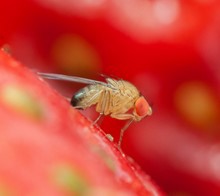 The release of Ganaspis had already begun in mid-June following an initial decree that allowed launches on sites where it had already been authorized in 2021, but at the beginning of this week, the final green light arrived at the Trento Province Agriculture Department for some additional sites.
The release of Ganaspis had already begun in mid-June following an initial decree that allowed launches on sites where it had already been authorized in 2021, but at the beginning of this week, the final green light arrived at the Trento Province Agriculture Department for some additional sites.
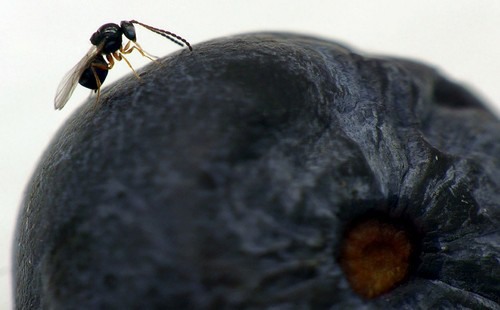 Ganaspis brasiliensis
Ganaspis brasiliensis
The release areas include some of Trentino's well-known cherry and soft fruit growing areas: Valsugana (5 sites), Val d'Adige (4 sites), Vallagarina (1 site), Valle dei Mocheni (1 site), Altopiano di Pinè (1 site). Following a new ministerial decree, Trentino will now go from 12 to 20 launch sites. The 8 new authorized sites are in Val di Non, Val di Sole, Valle dei Laghi, Valle di Cembra, Altipiano della Vigolana, Giudicarie and Valsugana.
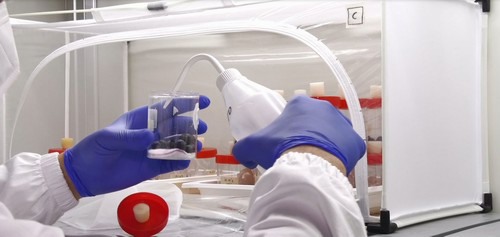
The other regions that took part in the biological control project to date, besides the provinces of Trento and Bolzano, are Veneto, Val d'Aosta, Piedmont, Emilia Romagna, Campania, Sicily, and Apulia. Starting this year, Lombardy and Tuscany will also participate.
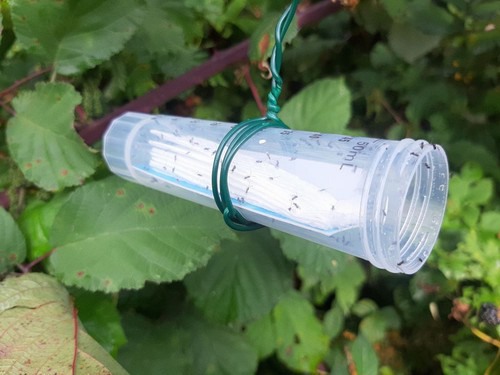
News of the expansion of releases was met with a welcome from the Edmund Mach Foundation, where researchers and technicians have spent months in quarantine rooms breeding and multiplying Ganaspis, an insect native to the Far East and harmless to humans.
It was possible to recapture Ganaspis in 50% of the sites where the insect was released last year after the first release season, indicating a high rate of establishment of this parasitoid and its effectiveness in controlling the Asian fruit fly.
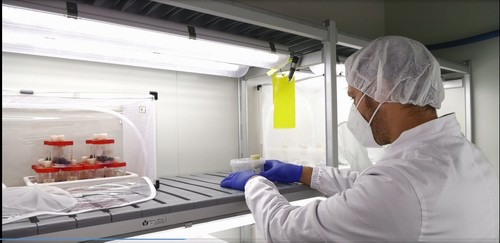
The increase in the number of sites by 2022 will promote the spread of this efficient natural enemy of the Asian fruit fly, which will reduce the infestation of cherries and soft fruits in the coming years.
